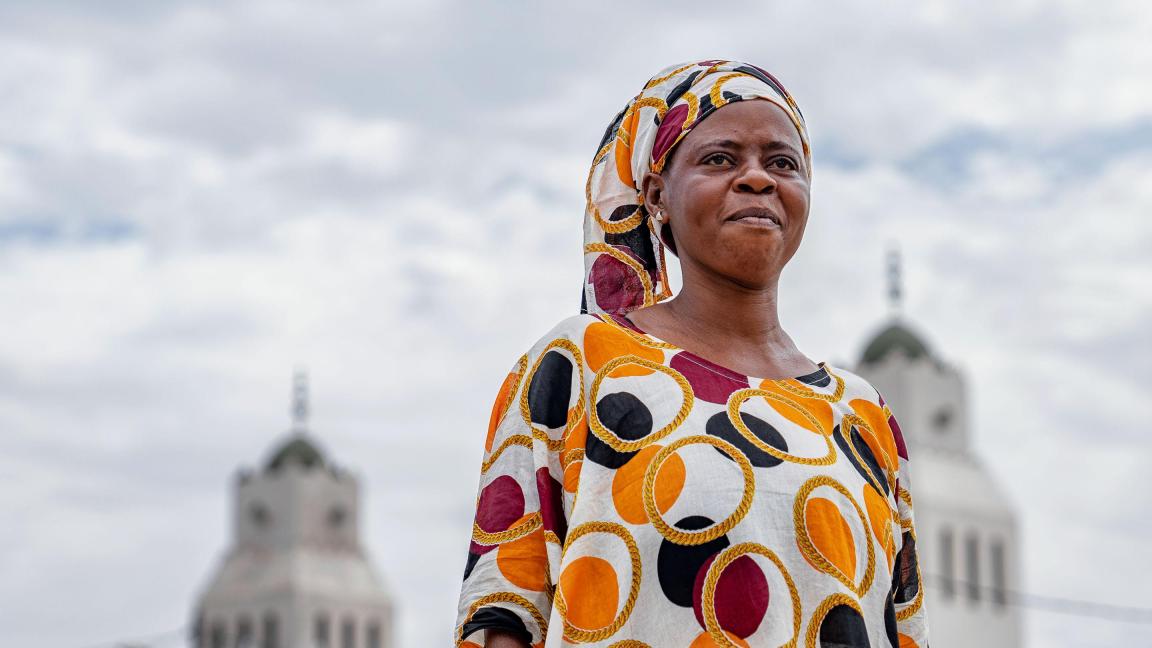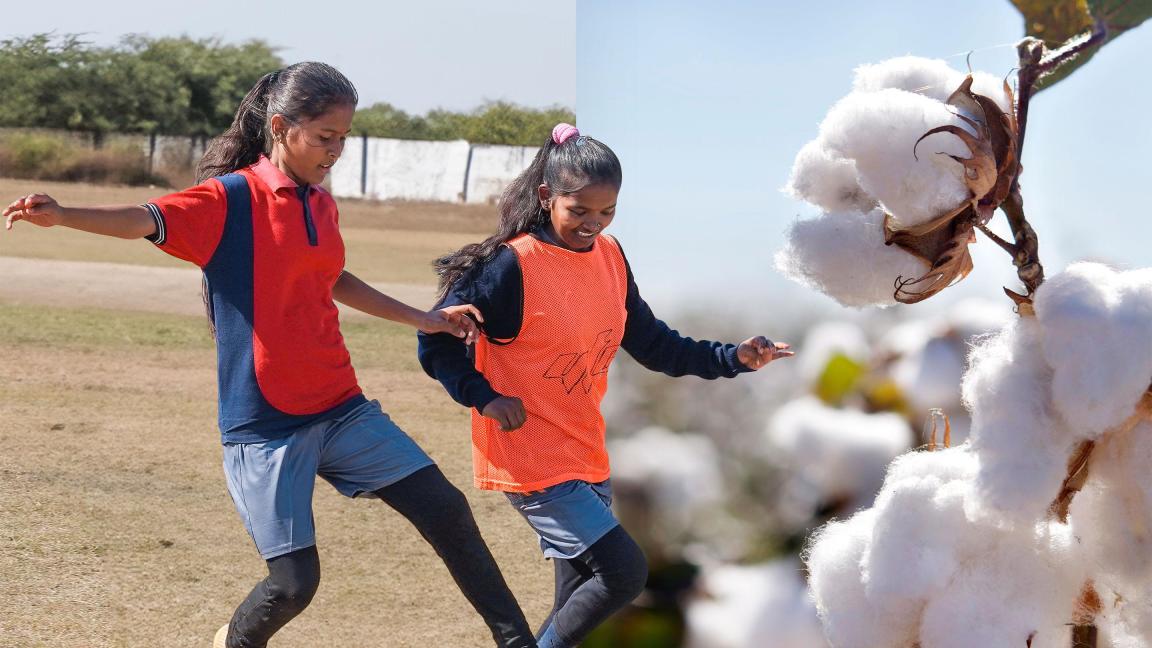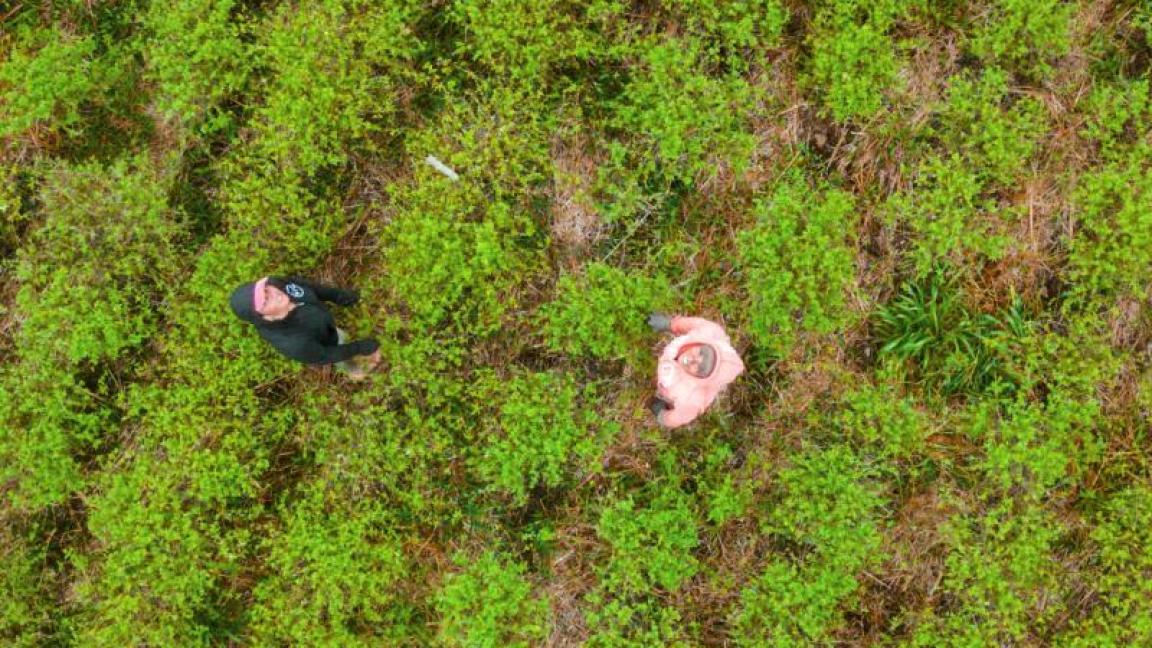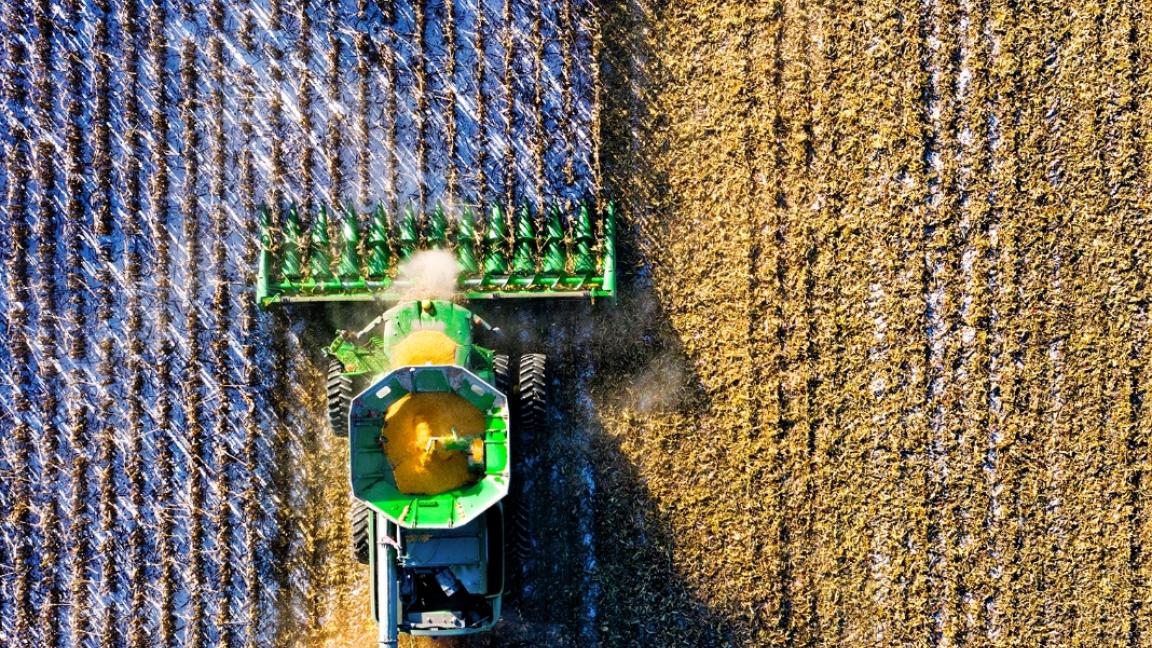
Landwirtschaft und Ernährung
Eine gesunde, nachhaltige Ernährung für alle – das ist unser Ziel. Dafür unterstützen wir unsere Partnerländer weltweit bei der Transformation von Landwirtschaft und Ernährungssystemen. Mit einem Fokus auf Resilienz, Klima, Märkte und Gerechtigkeit.
Unsere Kompetenzen
-
Ernährungssysteme transformieren
Wir stärken alle Dimensionen der Ernährungssicherheit – von Verfügbarkeit über Zugang bis zu Nutzung und Stabilität.
-
Nachhaltige Agrarwirtschaft fördern
Wir begleiten die gesamte Wertschöpfungskette: ökologisch, sozial, wirtschaftlich – mit besonderem Fokus auf Kleinbäuerinnen und -bauern.
-
Ländliche Entwicklung stärken
Wir verbinden Governance, Infrastruktur, Klimaresilienz und wirtschaftliche Teilhabe – für starke ländliche Räume.
-
Land, Boden und Wasser sichern
Wir unterstützen beim Schutz natürlicher Ressourcen und beim gerechten Zugang zu Land- und Wassernutzung.

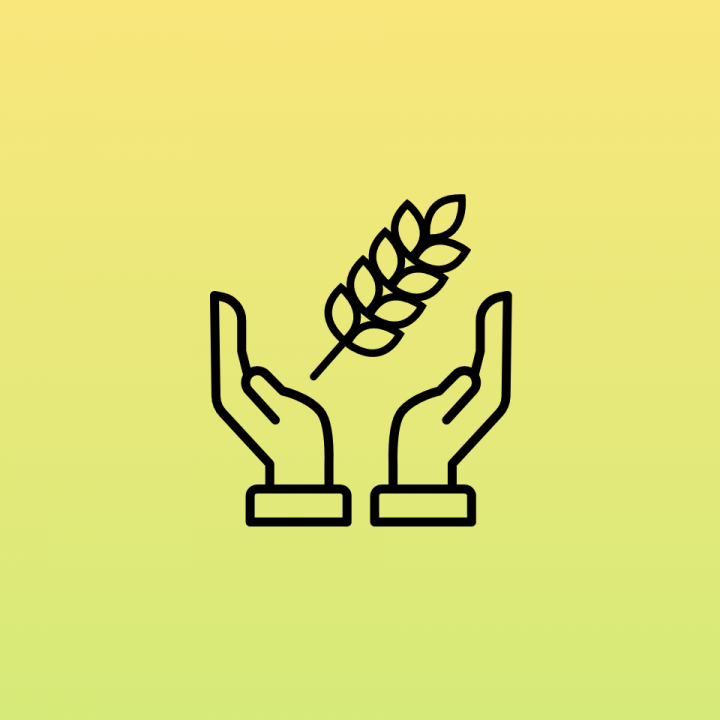


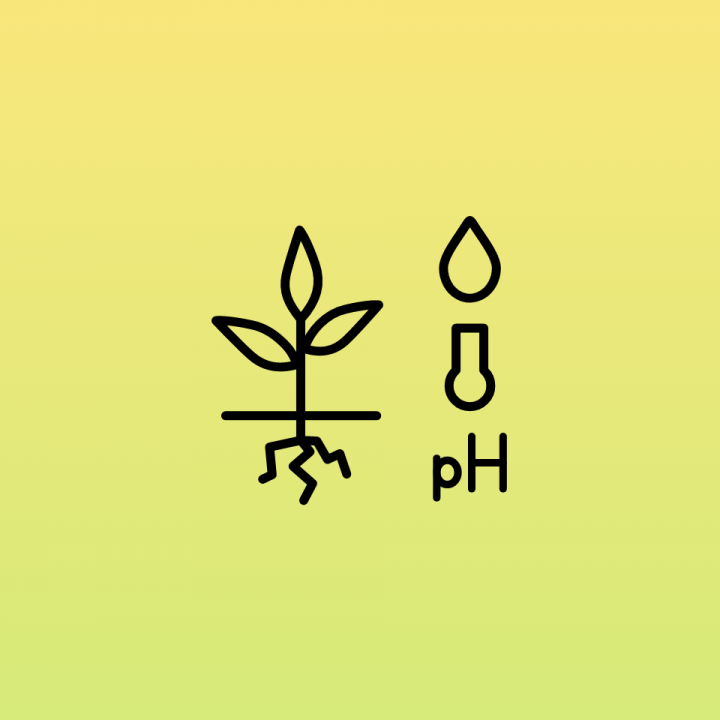


Projekte im Fokus
